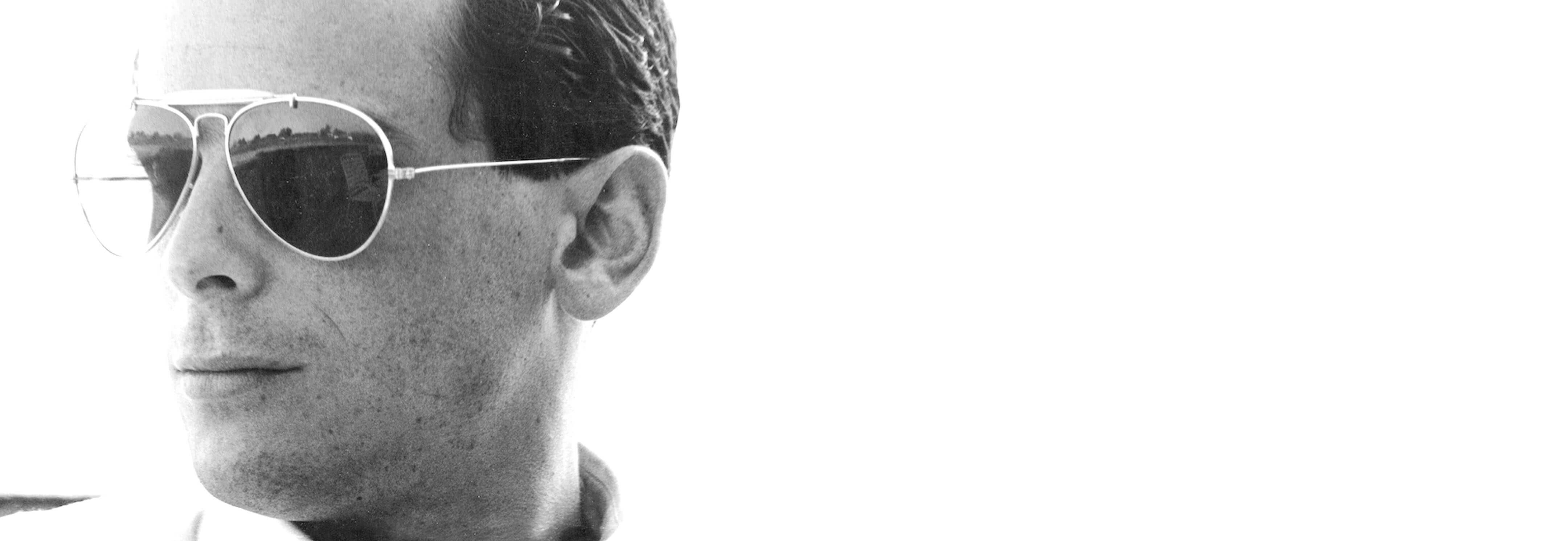
Most people don’t know the name Howard Brookner. But, some do. And Uncle Howard is about Howard and the people who knew and loved him. It’s a love letter to a man whose light was extinguished, like so many, by AIDS. And it’s an introduction, for many, to a filmmaker whose short life produced some truly remarkable works of art.

This journey is led by Aaron Brookner, Howard’s nephew and, himself, a documentary filmmaker. Aaron loved his uncle, and discovered that an enormous amount of footage from Howard’s first film – a documentary about beat poet William S. Burroughs – resides in an artist nook called “the bunker” in the East Village. With Howard’s close friend, director Jim Jarmusch, Aaron took possession of the material, and began a journey to uncover as much about his uncle as he could. In the film, we follow Howard’s career from Burroughs: The Movie, to Robert Wilson and the Civil Wars (his documentary about famed director Robert Wilson), to Bloodhounds of Broadway, (his first feature film, which was released shortly after he passed away). Brookner only completed three works, but each showcased his unique vision and commitment to his craft.

Uncle Howard seems, more than anything, like a chance for a lot of very famous, very talented people to say goodbye to their friend one more time. And there is nothing wrong with that. By all accounts, Howard Brookner seemed like a truly wonderful person, filled with energy and dedication to everything he did. If the film falls short in any area, it’s that we don’t really get exposed to any darker sides of Howard. Everyone who knew him loved him. And, sure, that’s a terrific thing, but it makes for a less rich documentary experience. But, it’s still grand to hear folks like Jim Jarmusch and Tom DiCillo and Hisami Kuroiwa talk about their early days as artists, and how Howard influenced their work and their lives.
But Uncle Howard also seems like a chance for Aaron to come to terms with both his uncle’s legacy, and just how much that legacy might have influenced his own choices in life. Aaron narrates the film, but does so in a way that suggests he might be discovering some of this information for the first time. We really feel like we’re going on a journey with him, and his discoveries are ours. And we leave the film feeling this resounding sense of loss at what could have been. The possibilities were truly endless; his tragedy becomes our tragedy.

The film’s ending is one of the more moving experiences I’ve had with a documentary. It’s Howard, alone in a sparse apartment, lamenting the loss of his longtime manager who has recently died. Howard plays The Pretenders’ “Hymn to Her,” and just sort of walks around the room staring into the camera as the song plays. It’s his goodbye to a friend, but as the credits start to play, it also serves as our goodbye to Howard. It’s a touching, beautiful moment where we see a piece of Howard’s attention to craft in his nephew. It left me with a full heart, and a full appreciation for this film about a man who deserved a better ending to his story. With Uncle Howard, his nephew and his friends have tried to give him just that.




